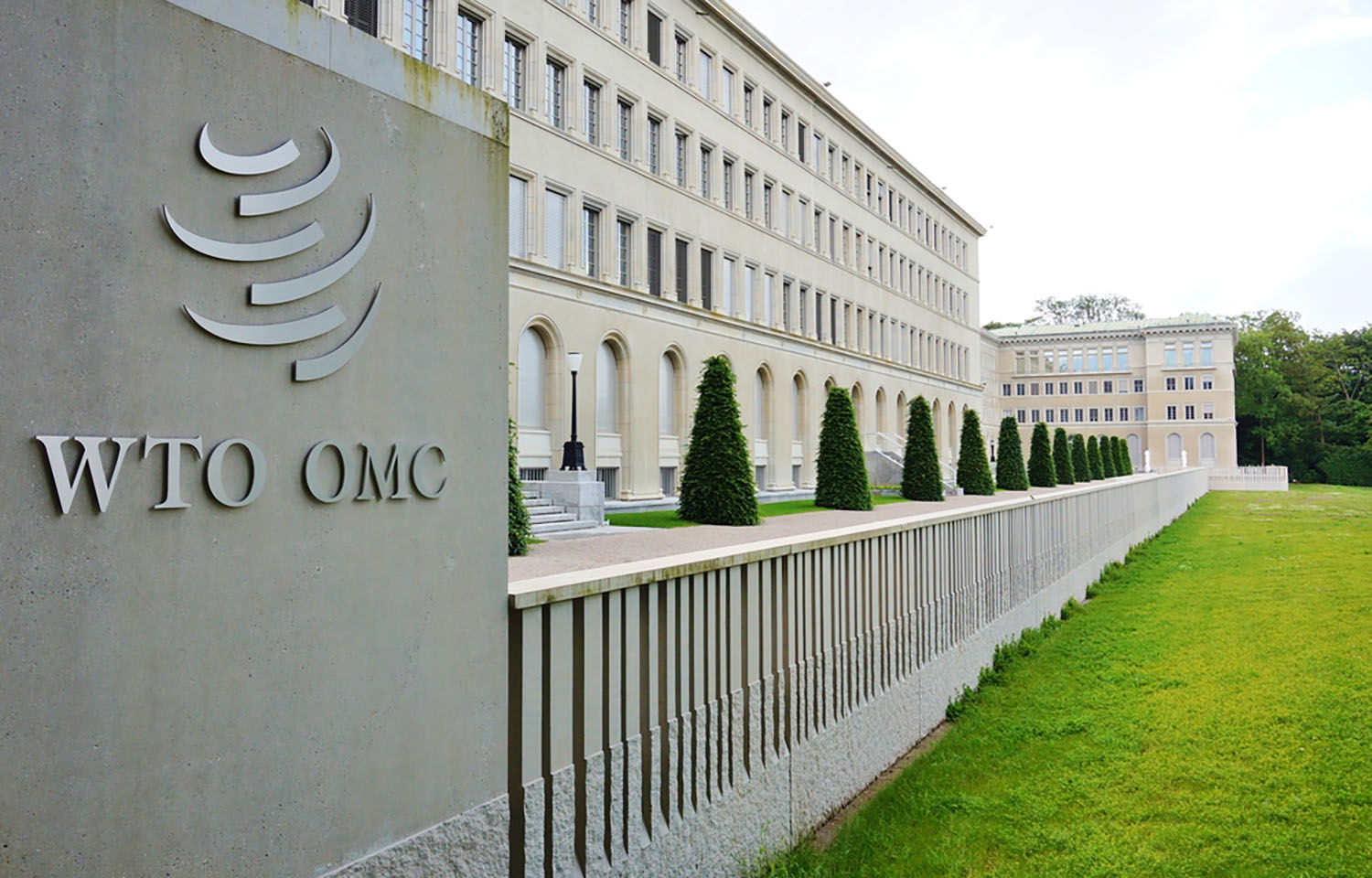World Trade Organization (WTO) talks to end harmful fishery subsidies are deadlocked, with disagreement on criteria for classifying and reporting subsidies a major impediment to a deal.
After their Christmas break, negotiators reconvened on 15 January and have now self-imposed a 9 February deadline to reach a consensus to end subisidies that lead to overfishing and overcapacity among the world’s fishing fleets. WTO Director-General Ngozi Okonjo-Iweala has said she hopes a deal is delivered prior to a ministerial meeting at the end of February.
But the E.U. and China have voiced disdain for a suggested two-tier approach, whereby nations with the largest distant-water fleets would be subject to a higher level of scrutiny and reporting requirements. Other members called it a nonnegotiable component of an affirming vote on a draft text.
There is also disagreement over flexibilities – sought by China, among other members – on a proposed ban on subsidies for fishing outside a member-state’s territorial waters, with Chinese negotiators asking for retention of such subsidies as long as they are reported in detail to the WTO.
Additionally, negotiators aiming to build upon the WTO’s current Agreement on Fisheries Subsidies, adopted in June 2022, remain divided on key issues, including the terms of exemptions for developing countries. Proposals in the current draft text suggest that a group comprising the 20 largest subsidy providers would be subject to the strictest scrutiny, while the least-developed nations, which collectively account for less than 0.8 percent of global marine catch, would receive a much longer grace period on subsidy prohibitions. Negotiators for developed countries have argued that exemptions are counterproductive, given a lack of data on the health of fish stocks in developing countries.
Complicating the matter is the fact that WTO member-nations have been slow to ratify the 2022 agreement upon which the current talks aim to improve. Only 55 nations, or 34 percent of total WTO membership, have formally accepted that agreement, comprising just half the number of members required to enable the 2022 deal to enter into force. The Gambia and the United Kingdom were the latest to ratify the agreement, both doing so on 13 December 2023.
India, one of the countries yet to ratify the 2022 deal, has been unhappy with the current negotiations. The country's negotiatiors have asked for more relief to developing countries that do not have major distant-water fleets, as most of their subsidiess are put toward sustaining artisanal fishing.
“Small-scale fishing is a major source of income and employment in India and other developing countries,” M. Krishnan, the former principal scientist at the Indian Council of Agricultural Research-Central Institute of Fisheries Education, told SeafoodSource. “The WTO’s 2022 agreement addresses these issues but also needs to look more seriously at the case for extending the compliance time for ending fishery assistance for India and other developing countries that practice small-scale, livelihood fishing. The fishing industry of China, the E.U., and the U.S. is heavily subsidized, leading to overexploitation of ocean wealth beyond sustainable levels, leading to collapsed fisheries and unemployment.”
Krishnan pointed out recently that India solely offers about USD 300 million (EUR 273 million) in subsidies per year, compared to subsidies of USD 7.3 billion (EUR 6.8 billion) by China, USD 3.8 billion (EUR 3.7 billion) from the E.U., and USD 3.4 billion (EUR 3.3 billion) from the United States.
India’s subsidies add up to only USD 15 (EUR 14.50) per Indian fisher per year, while, for example, subsidies stemming from Denmark, Sweden, and the Netherlands total around USD 42,000 (EUR 40,740), USD 65,000 (EUR 63,050), and USD 75,000 (EUR 72,750, respectively, according to Krishnan.
Despite the large rifts in the negotiations, observers have not ruled out a ...
Photo courtesy of EQRoy/Shutterstock








